The consequences of untreated low stomach acid are often overlooked in people’s understanding of digestion and gastric health. For our overall health and well-being, this can have significant implications, as stomach acid plays a pivotal role in efficiently processing the food we consume.
In the situation that our stomach acid falls below the adequate levels that are naturally required for optimal digestion, many undesirable effects can begin to cause problems for both our physical and mental state.
In this concise overview, our focus will be on the lesser-understood condition of low stomach acid, scientifically known as Hypochlorhydria. For this purpose, we will explore various aspects of the digestive system and the crucial role played by our stomach acid. We shall shed light on common symptoms and diagnostic methods, investigate the underlying causes and potential health risks, and discuss preventive measures and available treatment options.
If you would like to learn more about How Low Stomach Acid Affects You! then please keep on reading.
7 Consequences of Untreated Low Stomach Acid
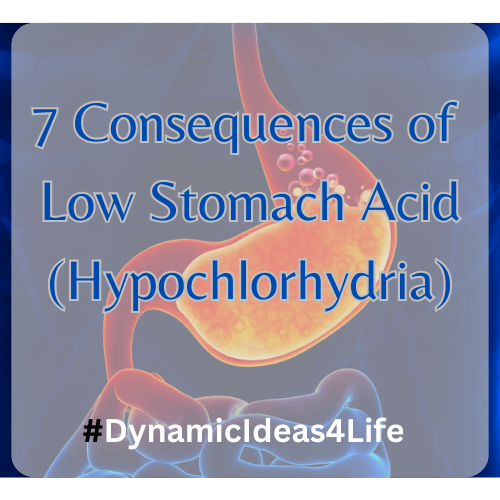
Overview of the Digestive System and Stomach Acid
The human digestive system is responsible for many bodily functions. It plays a pivotal role in overall health and well-being. However, perhaps its biggest role is breaking down the food we eat into microscopic nutrients, ensuring our bodies have the essential fuel to keep us going throughout the day.
From the moment food enters the mouth till it exits the body, the digestive system enzymatically metabolizes it, breaking it down into absorbable nutrients.
Stomach acid, medically termed gastric acid, is a critical part of this intricate system. Produced by the stomach lining, this highly corrosive solution boasts a potent mix of hydrochloric acid (HCL), potassium chloride, and sodium chloride. With a pH level anywhere between 1.5 to 3.5, stomach acid is extremely acidic, capable of dissolving metals in concentrated forms.
The primary functions of stomach acid lie in digestion and protective measures. From a digestive perspective, it aids in breaking down proteins, making them more accessible for absorption in the small intestine.
Additionally, stomach acid erodes the external layer of food, enabling digestive enzymes to further metabolize into energy. It also stimulates the release of other essential digestive hormones, such as pepsinogen.
PLUS besides facilitating digestion, stomach acid also serves as a crucial defense against harmful bacteria and pathogens that enter the body with food. Providing a hostile environment, essentially curtails these potential threats, safeguarding the body from several infections.
The Acid-Alkaline Importance
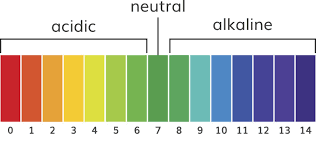
Given the critical nature of stomach acid, maintaining the right balance is crucial. The human body operates optimally when it retains a delicate balance between acidity and alkalinity, often reflected in the body’s pH (potential of Hydrogen).
Just as excess stomach acid may trigger conditions like Gastroesophageal Reflux Disease (GERD), low stomach acid or hypochlorhydria can itself have significant health implications.
Low levels of stomach acid can impede the body’s ability to adequately digest food, especially proteins. This can lead to gastrointestinal problems, nutritional deficiencies, and a weakened immune system as the body becomes susceptible to pathogenic bacteria usually destroyed by stomach acid.
Understanding Low Stomach Acid Causes
Several factors contribute to the emergence of low stomach acid. One prominent cause is the process of aging, as stomach acid secretion typically declines with age. The levels of stomach acid can also be adversely affected by chronic stress, negatively impacting overall gut health.
Plus, it is also true that certain conditions, such as Helicobacter Pylori Infection, pernicious anemia, and various autoimmune disorders can lead to hypochlorhydria – the medical term for low stomach acid.
Several medications for treating heartburn or acid reflux, such as Proton Pump Inhibitors (PPIs) and H2 blockers, have the side effect of reducing stomach acid levels and can lead to low stomach acid if used long-term. Dietary and lifestyle choices, including consuming overly processed, sugary foods and excessive alcohol consumption, can also disrupt the stomach’s acid balance, resulting in lower acidity levels.
Symptoms and Detection of Low Stomach Acid
Identifying Low Stomach Acid Symptoms
Low stomach acid or hypochlorhydria can often present subtly, making it difficult to diagnose. Despite this, several potential indicators might suggest its existence. These include common symptoms such as bloating following meals, belching, heartburn, indigestion, or feeling overly full even after small meals.
Digestive irregularities, such as flatulence, constipation, or diarrhea might also occur.
An imbalance in the stomach’s natural acid-alkaline state can complicate the digestive process, bringing about complaints like an upset stomach, burping, or bloating. Insufficient stomach acid levels can negatively impact the activation of pepsin – an enzyme crucial for protein digestion, leading to undigested protein, potentially resulting in food allergies and intolerances.
Beyond digestive indications, skin and hair issues can hint at low stomach acid. Examples include dry skin, acne, or thinning hair, brought about due to malabsorption of crucial nutrients, particularly proteins essential for skin and hair regeneration (Collagen, Hyaluronic Acid etc.).
In addition, it’s worth noting that deficiencies in vitamins and minerals are a common occurrence in cases of low stomach acid. Manifestations might include brittle nails, hair loss, or unexplained iron deficiency. This is because stomach acid plays an integral role in breaking down food to a state suitable for absorption by the body. Therefore, with low stomach acid levels, nutrient absorption, particularly of vitamin B12, iron, and calcium, can be compromised, potentially triggering an array of health complications.
Detection of Low Stomach Acid
Confirmation of low stomach acid can be achieved through various methods – both clinical and at-home. A healthcare professional might perform a Heidelberg test, wherein a capsule containing a tiny transmitter is swallowed. This measures how quickly the stomach acid can return to normal levels after drinking a bicarbonate solution, thus determining stomach acid level.
Gastric acid secretion tests such as the Pentagastrin test, where a hormone that stimulates the stomach to produce acid is given, can also be administered. A tube with a camera is used to view the secretion, from which conclusions can be drawn.
Alternatively, a simpler at-home method is the baking soda test. An individual drinks a solution of baking soda and water on an empty stomach. The concept is that the baking soda and the stomach acid should create a chemical reaction, leading to belching. If belching doesn’t occur within five minutes, this could indicate low stomach acid.
Bear in mind, however, that this self-test is neither foolproof nor a definitive diagnosis. It’s always recommended to see a healthcare professional for accurate results as well as a comprehensive health check. Different medical conditions can produce similar symptoms, including stomach ulcers or certain digestive disorders, hence it’s vital to receive an accurate diagnosis.
Causes of Low Stomach Acid
Several factors play a role in the onset of hypochlorhydria or low stomach acid. Predominantly, age has been identified as a crucial factor, as acid levels within the stomach are shown to decrease with advancing years. Additionally, prolonged periods of stress can negatively impact stomach acid levels due to the harmful effects of stress hormones on gastric acidity.
Another significant contributor is dietary habits. Poor or unsuitable diets, particularly those rich in sugar, fats, and processed foods, can disrupt the stomach’s usual functioning. Frequent alcohol consumption and smoking are also detrimental. Certain medications, including proton pump inhibitors, H2 blockers, and various antacids, can also result in lower acid levels in the stomach.
Low stomach acid can also be instigated by a h. pylori infection, anemia, or deficiencies in vitamin B. Conditions such as pernicious anemia, autoimmune disorders, and gastritis can equally result in diminished stomach acid. To prevent the harmful effects of low stomach acid, balancing one’s diet, dealing with stress efficiently, and seeking medical advice for any potential underlying conditions are strongly recommended.

Causes of Low Stomach Acid
Age and Low Stomach Acid
The phenomenon of low stomach acid, referred to medically as hypochlorhydria, is markedly noticeable with increased age. As we get older, the body’s ability to produce stomach acid slowly declines. This decrease can be attributed to key physiological changes that are part of the aging process, which include the slowing down of metabolic processes, reduced production of digestive enzymes, and a lessened ability of the body to absorb vital nutrients.
Stress and Stomach Acid Production
Stress is another key factor that can lead to decreased stomach acid production. Chronic stress impacts the body in several ways, including affecting the digestive system. When under stress, the body prioritizes the functions vital for immediate survival.
This ‘fight or flight’ response diverts resources away from the process of digestion, including the production of stomach acid. Hence, prolonged periods of stress can result in persistent low stomach acid levels.
Medication Impact on Stomach Acid
Certain medications can also contribute to low stomach acid. Proton pump inhibitors (PPIs), for instance, are medications designed to lower stomach acid production to treat conditions like acid reflux and heartburn. However, long-term use of such medications can lead to an overall decrease in stomach acid levels, which can be problematic and impair normal digestion.
Diet and Stomach Acid Levels
Diet plays a significant role in regulating stomach acid production. High-sugar diets and consumption of processed foods, for instance, can hinder the production of stomach acid. This is because they can cause an overgrowth of bacteria in the stomach, interfering with the acid-production process.
On the other hand, diets rich in fruits, vegetables, lean proteins, and healthy fats can foster an environment conducive to optimal stomach acid production.
The Influence of Lifestyle Choices on Stomach Acid Production
The levels of stomach acid, essential for our digestion, are not just a result of our physiological functions but are also heavily influenced by our lifestyle choices. Practices such as excessive alcohol consumption, smoking, lack of physical exercise, and sub-optimal sleep patterns can reduce our body’s ability to produce stomach acid. An unhealthy lifestyle can disrupt not only our body’s natural rhythms but also critical functions such as digestion and, consequently, the production of stomach acid.
Conversely, leading a healthier lifestyle can aid digestion and encourage optimal production of stomach acid.
Health Risks from Low Stomach Acid
How Malnutrition is Linked to Lack of Stomach Acid
Gastric acid, often referred to as stomach acid, plays a crucial role in our digestion by breaking down what we eat. However, inadequate levels of stomach acid can hinder this process, creating a risk of malnutrition. It is vital for the stomach to produce a sufficient amount of acid in order to effectively break down proteins, as well as aid in the absorption of critical vitamins and minerals from our food.
If our bodies are not producing enough stomach acid, we may not effectively utilize the nutrients we ingest, potentially leading to deficiencies.
Gastrointestinal Infections and Low Stomach Acid
Gastric acid acts as a defense mechanism against enteric bacteria, preventing gut infections. However, low stomach acid changes the normal gut flora and creates an environment conducive to the growth of disease-causing bacteria, viruses, and fungi. This predicament may lead to a series of gastrointestinal infections, including Small Intestinal Bacterial Overgrowth (SIBO), gastroenteritis, and other digestive disorders.
Heartburn and Low Stomach Acid
Contrary to popular belief, heartburn is often a sign of low stomach acid rather than an excess. Adequate stomach acid production is required to close the lower oesophageal sphincter, a ring-like muscle at the entrance of the stomach. If stomach acid is low, this sphincter may remain open and allow acid to escape into the esophagus, causing heartburn.
Autoimmune Diseases and Low Stomach Acid
Low stomach acid is also thought to be linked to certain autoimmune diseases. A lack of stomach acid can prevent the body from breaking down certain proteins. These undigested proteins can then pass into the gut where they cause inflammation and potentially trigger an immune response.
Common Causes of Low Stomach Acid
There are several factors that can lead to low production of stomach acid. Age is one significant factor. As people grow older, their bodies often reduce the production of stomach acid. Chronic stress and a poor diet lacking in zinc or B vitamins can contribute to low stomach acid.
Other causes include long-term use of proton pump inhibitors and H2 blockers, certain autoimmune disorders such as Hashimoto’s thyroiditis, and surgical removal of parts of the stomach.
Identifying Signs of Low Stomach Acid
Recognizing the symptoms correlated with low stomach acid can be instrumental in averting possible health threats. These symptoms could include heartburn, indigestion, bloating, gas, nausea, food allergies, diarrhea, hair loss, or brittle nails. If such symptoms endure, it’s advisable to reach out to a healthcare expert for a proper diagnosis and treatment plan.

Prevention, Diet, and Treatment Options
Delving Deeper into Low Stomach Acid
Also known as hypochlorhydria, low stomach acid is when there’s insufficient production of hydrochloric acid (HCl) in your stomach. This particular acid is indispensable for the digestive process as it assists in breaking down food, extracting nutrients, and eliminating pathogens. Its production can be hindered by numerous factors such as chronic stress, aging, inadequate diet, certain medications, or major metabolic imbalances.
Prevention of Low Stomach Acid
Investing in preventive measures can help maintain optimal levels of stomach acid. One fundamental step is making lifestyle changes. Reducing stress can significantly impact by offering relaxation techniques such as yoga, meditation, or deep-breathing exercises.
Reducing alcohol and caffeine consumption can also help, as both of these substances can interfere with gastric acid secretion. Avoiding processed, sugary foods is equally important as these can exacerbate the issue.
Another preventive way is regular physical exercise. Exercise helps boost metabolism, strengthening the body’s overall digestive process and thereby possibly enhancing gastric acid production. Adequate sleep is essential too, as it supports overall health and bodily functions, including digestion.
Diet for Low Stomach Acid
If you’re diagnosed with low stomach acid, an essential part of managing the condition is modifying the diet. Consuming foods that naturally aid in digestion can help boost stomach acid levels. These include fermented foods like sauerkraut, kimchi, kefir, and yogurt that have natural probiotics or are high in enzymes, aiding digestion and promoting a healthy gut.
Incorporating sources of zinc – a mineral directly involved in stomach acid production – into the diet is beneficial. Foods high in zinc include lamb, beef, chickpeas, pumpkin seeds, and cashews. Drinking a glass of warm water mixed with freshly squeezed lemon juice or apple cider vinegar before meals can also stimulate gastric juice production.
Treatment Options for Low Stomach Acid
Once diagnosed, various medical and natural treatment options can help manage low stomach acid. Over-the-counter antacids or prescribed proton pump inhibitors and H2 blockers can help reduce symptoms. However, these drugs do not address the underlying cause and may have side effects if used long-term.
Naturally, supplementing with hydrochloric acid (in the form of betaine HCl) can increase stomach acid levels, especially when taken just before or during meals. However, be cautious and always consult with a healthcare professional before starting any supplementation.
Investigative treatments such as acupuncture, reflexology, and herbal remedies are also worth exploring for some individuals. Herbal bitters, digestive enzymes, or probiotics may help optimize digestion and nutrient absorption.
In conclusion, managing low stomach acid often necessitates a combination of lifestyle changes, dietary modifications, and targeted treatments, all of which should be done under the guidance of a medical professional.
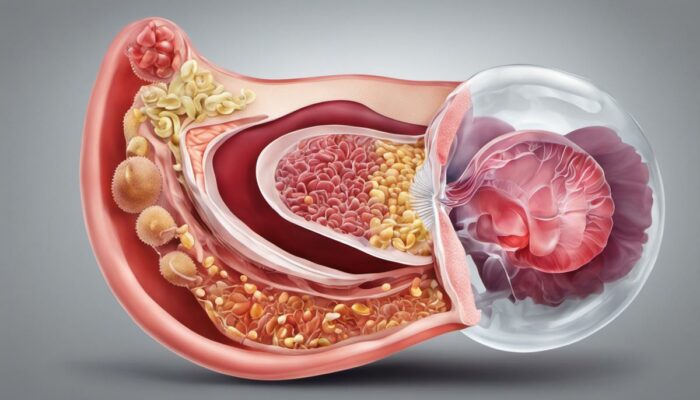
Final Word
Regardless of age, diet, or lifestyle, everyone is susceptible to low stomach acid. However, through understanding the warning signs, causes, and potential risks, one can better manage or even prevent this condition. It’s important to carefully consider dietary changes, as proper nutrition can significantly contribute to improving stomach acid production.
Moreover, lifestyle modifications and stress management, coupled with medical treatments, can be transformative actions toward better digestive health. Ultimately, consulting with a healthcare provider for personalized advice is paramount for any concerns related to stomach acid levels or digestive health overall.
Remember, your stomach isn’t just about quelling hunger, it’s a central player in your overall wellbeing.
I shall finish up this article here but if you would like to read more check out our related posts HERE<<



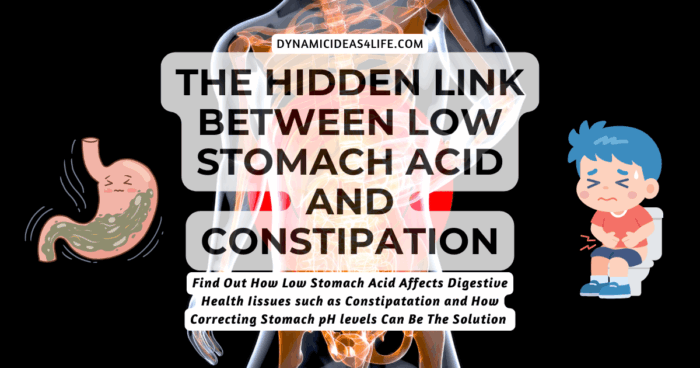


Anxiety and Depression apple cider vinegar best ways to lower blood sugar BiOptimizers blood pressure supplements blood sugar support supplements Digestive Enzymes Supplement digital products Dr Sam Robbins Exercise Gut Health Healthy Living heart health HFL how to lower blood sugar levels How To Lower Cholesterol how to strengthen the immune system insulin resistance joint health supplement Keto keto dieting Keto Diet Weight Loss leaky gut supplements leptin resistance list Magnesium deficiency Matt Gallant mental health multivitamins Nootropics nutrient supplements Probiotics Probiotic Supplements proteolytic enzymes reverse type 2 diabetes stress and anxiety stress relief vitabalance vitapost Wade Lightheart weight loss articles weight loss diet plans weight loss product reviews weight loss supplements weight loss tea

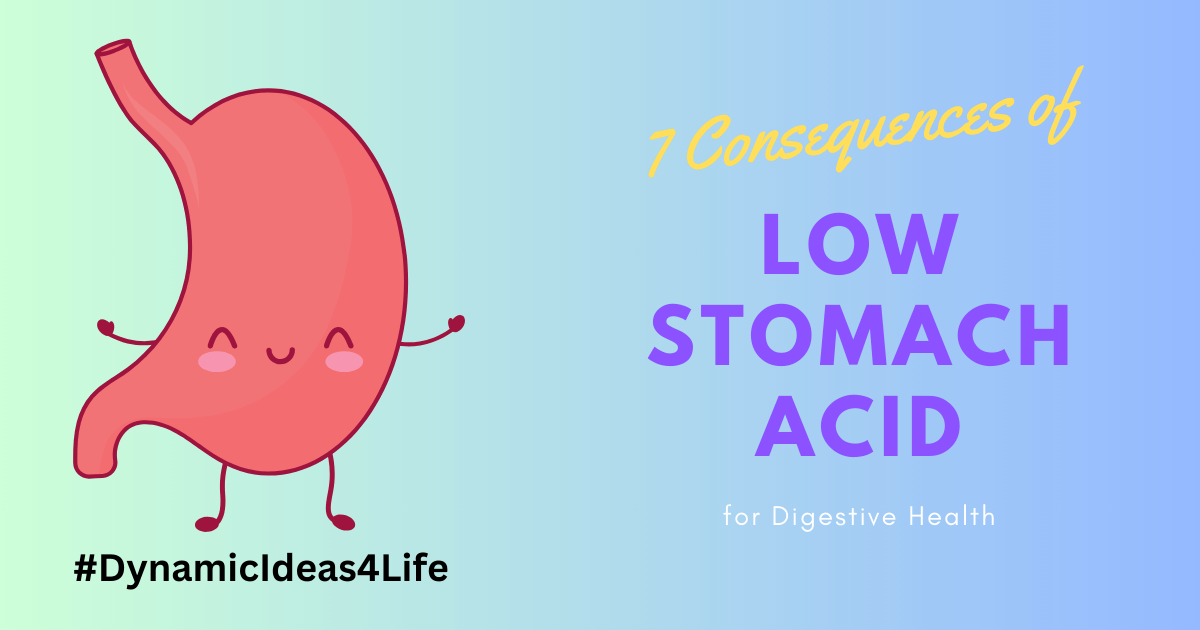
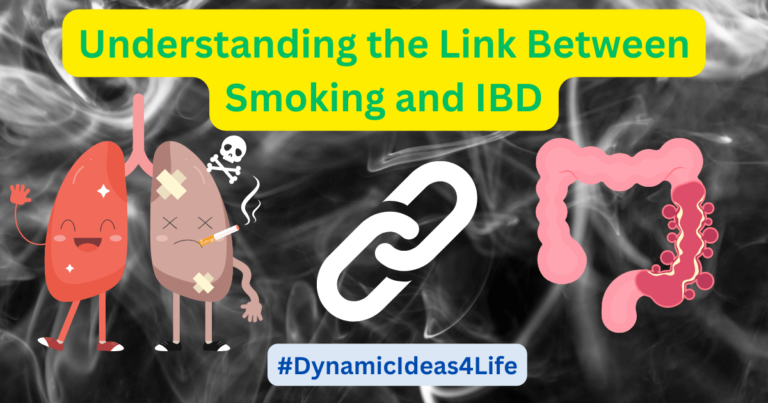



I’m always amazed at the quality of your writing. This post was no exception. Fantastic job!
Thank you Katy much appreciated. I haven’t been on here for about a month but comments like this make me want to keep going.